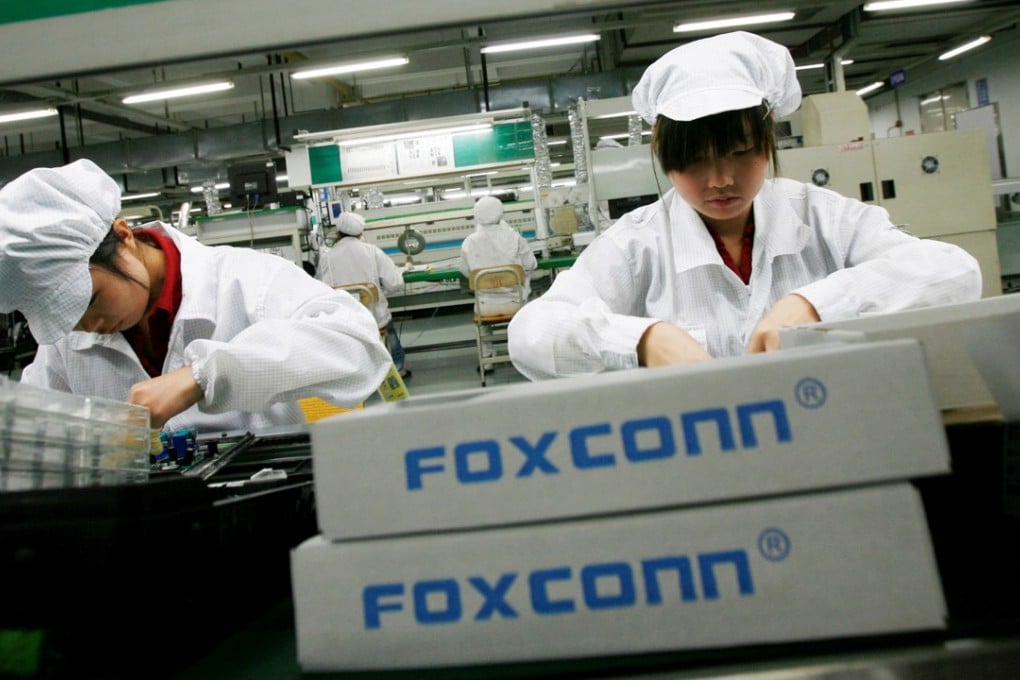Meet the men and women behind the iPhone X: they’re stressed, overworked and in their teens
With a harsh spotlight cast once more on Foxconn Technology Group’s labour practices in China, some employees at Apple’s biggest supplier say their working conditions are better than at other electronics manufacturers, where salaries can get delayed or cancelled

At the world’s largest iPhone factory in Zhengzhou city, a transport terminus in China’s geographic centre, an 18-year-old assembly worker who goes by the surname Xin said he was ready to throw in the towel after being on the line for merely half a month.
“I don’t have many big dreams,” said the teenager, who aspires to be a performing artist, like a singer or actor. “All I want is to be with the people I like, and not worry about food and clothing.”
Apple’s Zhengzhou factory, with up 300,000 workers on staff, is the American company’s manufacturing epicentre, the birthplace of one in every two of the world’s iPhones. Work has intensified ahead of the forthcoming holiday shopping season, putting pressure on the plant that is operated by the world’s largest contract producer of consumer electronics, Foxconn Technology Group.
The plant, which opened in 2010, had been under the spotlight lately, after the Financial Times reported last month that as many as 3,000 workers were hired from among local vocational schools, including teenagers. These underage workers routinely worked 11-hour shifts assembling iPhone X units at the plant, the report said.